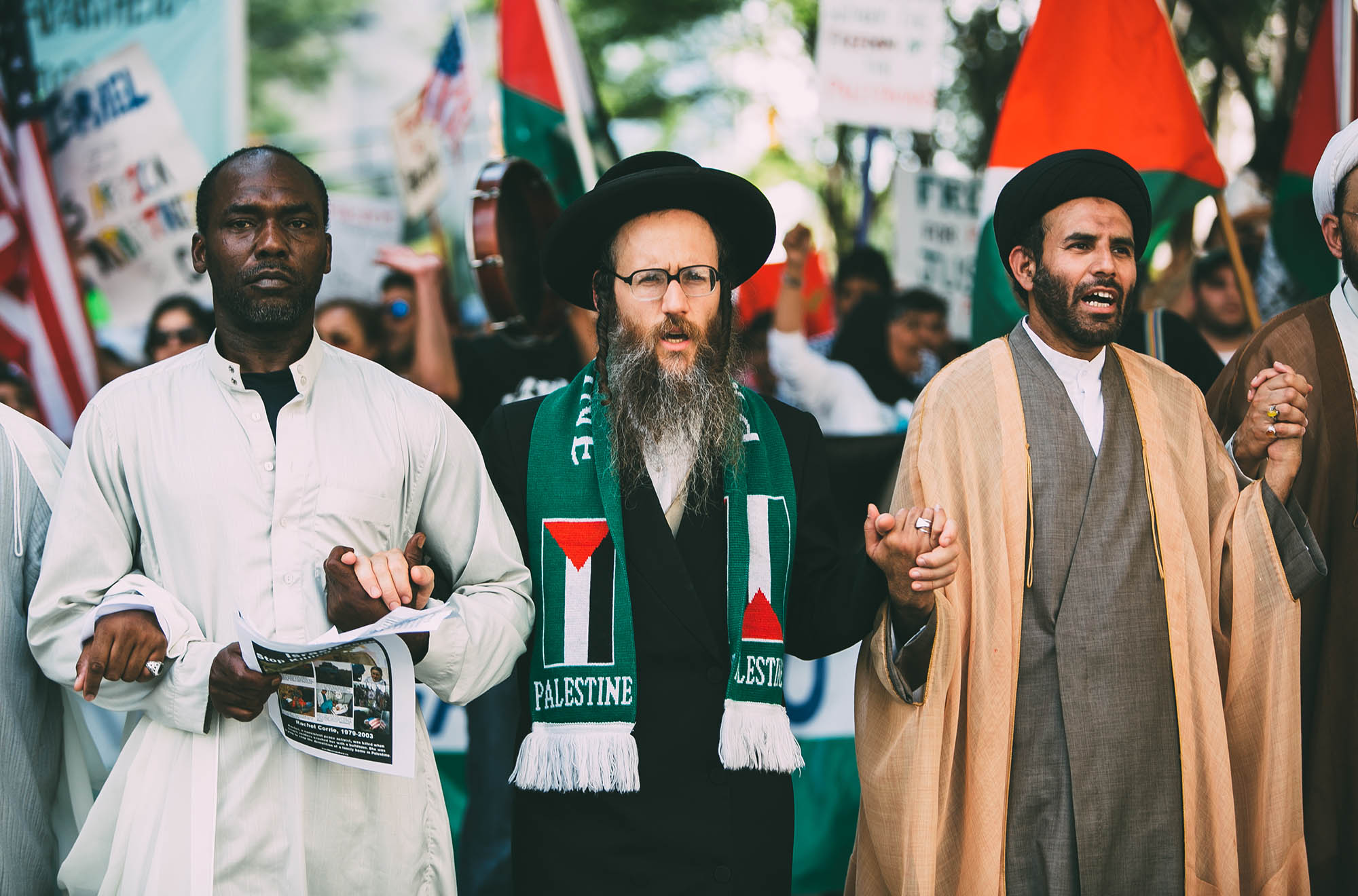Moderate Islam is by no means monolithic. In fact, it is more diverse than other equivalent categories of Muslims. At one end of the moderate Muslim spectrum, we find people who deny God’s existence and are bound to Islam only culturally. Those at the opposite end of the moderate spectrum would totally discount such a cultural connection to Islam. In fact, many of them, in principle at least, would consider a Muslim’s denial of faith or conversion to another faith (apostasy) an act of “treason,” deserving of death—in accordance with the sharia, or traditional Muslim law. At that end of the spectrum, moderate Islam blends seamlessly into traditional Islam. For that reason, no one can say what percentage of Muslims in a given country are moderates. Apart from full religious freedom, all moderates accept the rights and freedoms promoted by the UN, including a girl’s right to education. But moderates are divided over whether or not their faith requires women to wear the headscarf, or hijab. Although moderate Muslims value freedom of speech, virtually all would exclude the right to lampoon the Prophet of Islam and many would make it a capital offense, punishable by vigilantism or assassination if necessary.
Non-Muslims in the West react to moderate Islam in a variety of ways. Some happily grant Islam’s moderates a monopoly on the Muslim faith—often in the fervent hope that it may prove true. Others range from uncertainty to open suspicion, making moderate Muslims guilty by (their supposed) association with radical Muslims. Many Westerners are angry because moderate Islam isn’t as clearly defined as radical Islam, nor as robust either. Many who hold all religion in contempt are infuriated by religious conservatives who “parade” their religious “ignorance” in distinctive religious garb. Recently a Montreal judge refused to hear the case of Rania El-Alloul because she refused to remove her hijab for religious reasons. Likening her hijab to sunglasses, the female judge declared her “not suitably dressed” for court.[1] The judge may have reacted to what she deemed a visible sign of Islam’s subjugation of women, but her action left Ms. El-Alloul feeling unwelcome in her adopted home. Such prejudice on the part of Western officials leaves many moderate Muslims terrified—and rightly so—lest their kids feel alienated and fall prey to radicalization.
Non-Muslims need to accept the truth that moderate Muslims exist and embrace most Western values. Moderate Muslims may consider wearing hijab or growing a beard an important part of their religious devotion, but such marks of piety do not necessarily make their wearers radical. Moderate Muslims—including the many who seek Islam’s political expression—genuinely abhor religious violence. Many of them are deeply committed to democracy. Longing for peace, security and a bright future for their kids, a great many moderate Muslims are warm people, the kind anyone should want for neighbors.
For their part, moderate Muslims need to recognize that their very diversity makes defining moderate Islam and determining its strength far easier said than done. They also need to acknowledge that, though they are likely better represented in the West than in most Muslim-majority countries, not every Muslim immigrant to the West is moderate. Though visibly indistinguishable from many moderates, some turn out to be Islamists. And that creates a real problem for moderate Muslim and non-Muslim alike, a problem not solved simply by their banding together to deny that radical Muslims are “true Muslims.”
Before we move on to the topic of radical Islam, we must pause to ask, What do fairness and honesty demand with regard to our approaching other religions or sects and their adherents?
Note: Stay tuned for my next post—EITHER PLAY FAIR WITH ISIS OR LOSE—in this series on understanding Islam as it exists in the world.
Photo: Rania El-Alloul, Montreal Photo credit: THE CANADIAN PRESS/Graham Hughes
[1] http://www.cbc.ca/news/canada/montreal/quebec-judge-wouldn-t-hear-case-of-woman-wearing-hijab-1.2974282




thank you for this nuanced perspective.